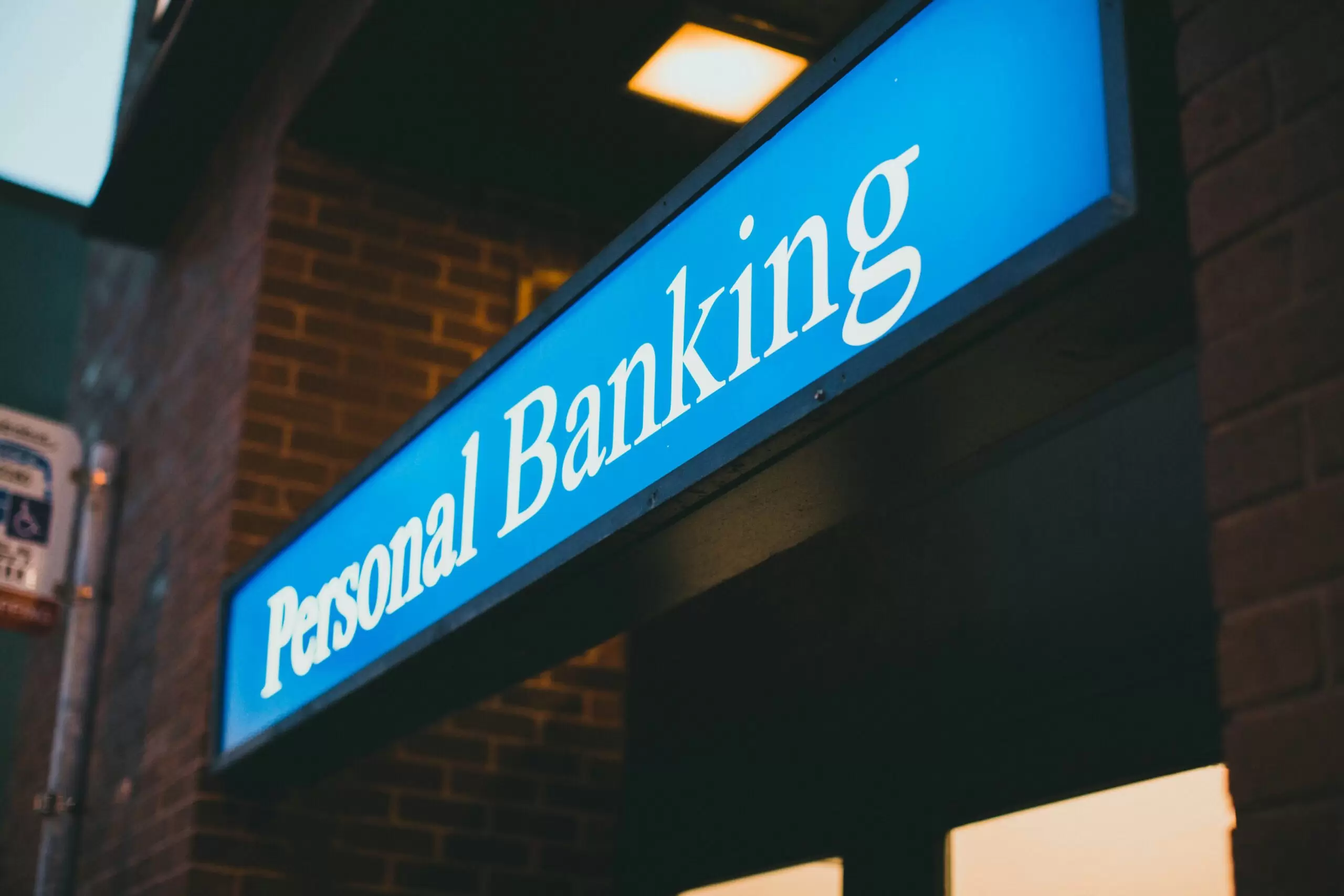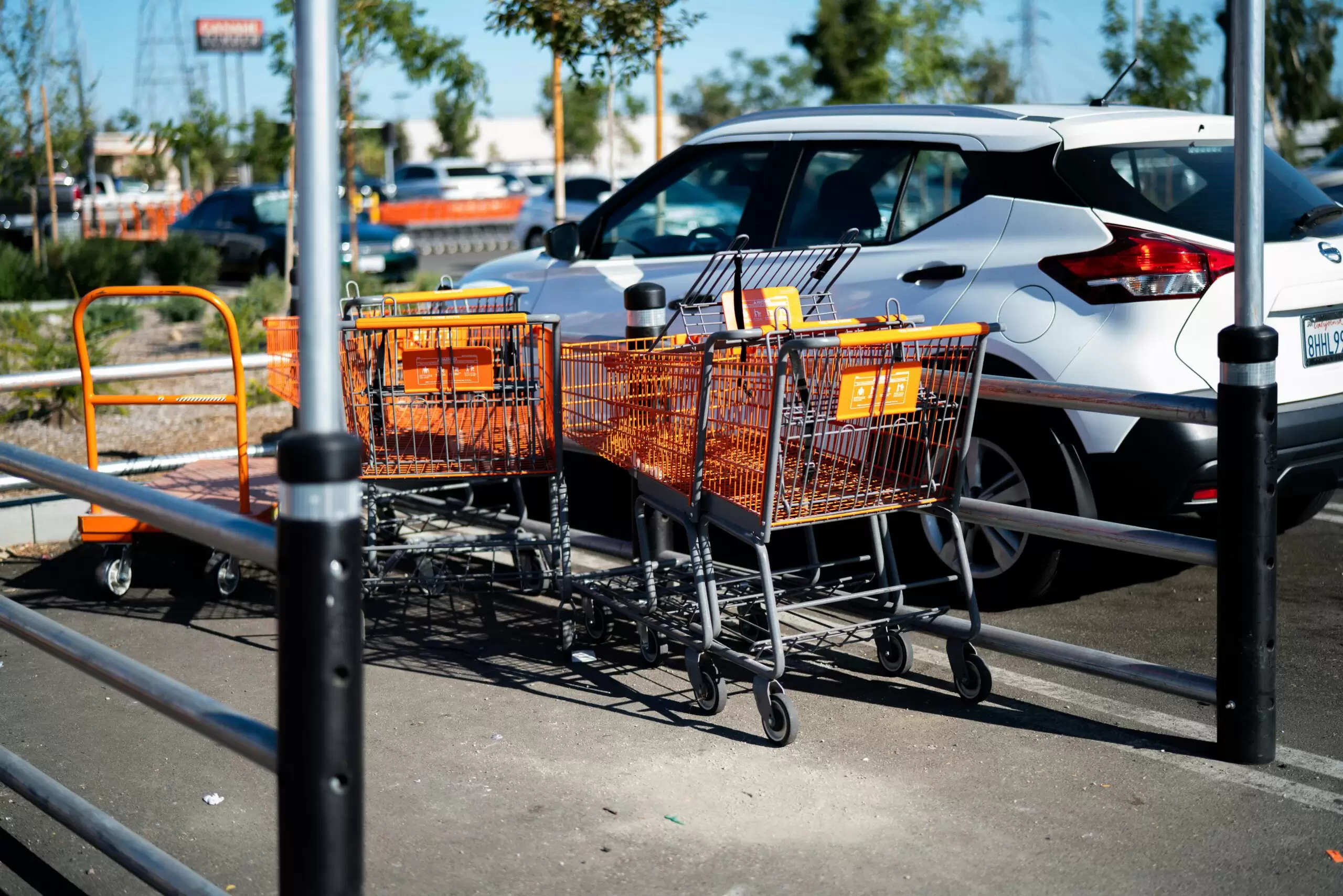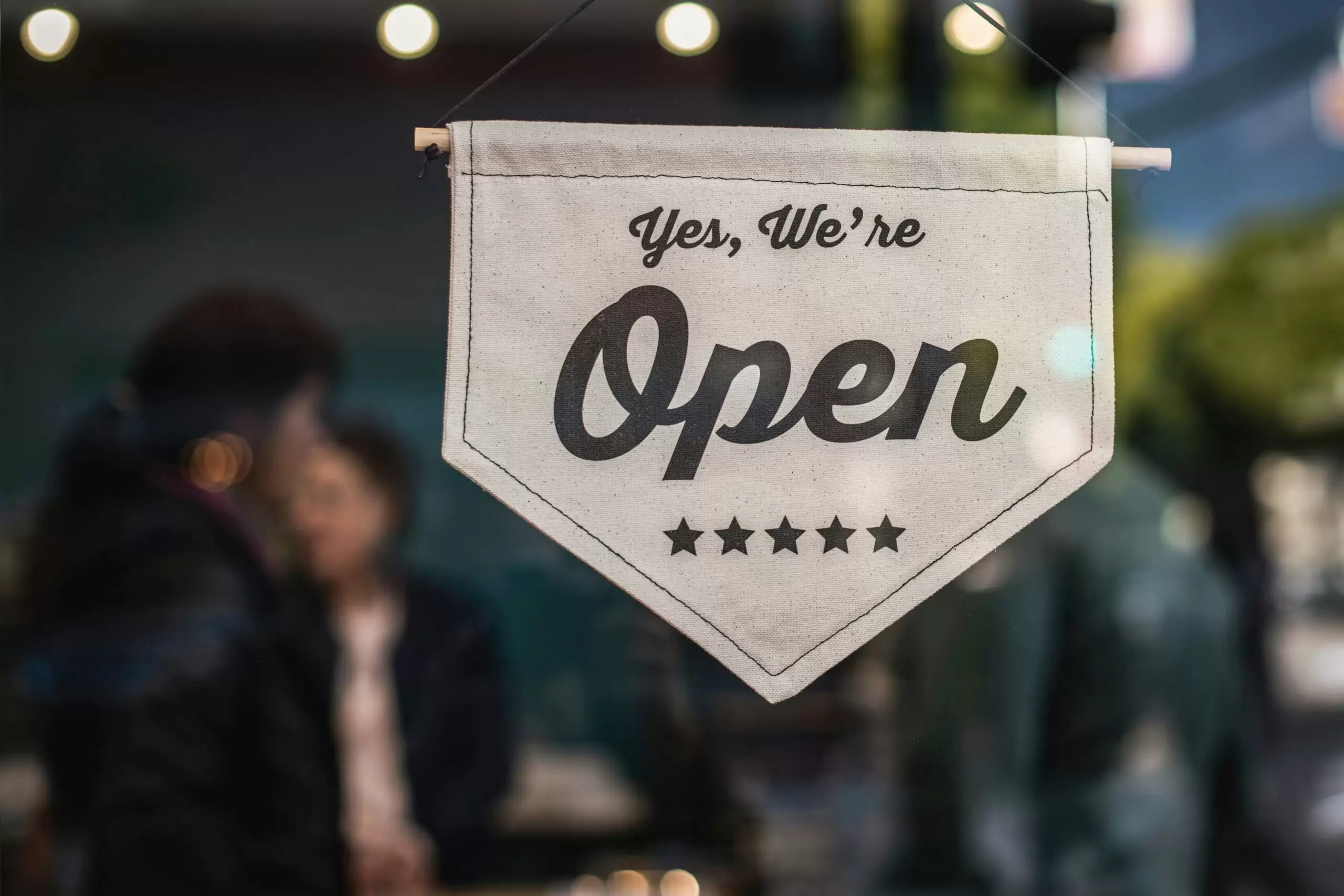
Inflation, the rise in prices of goods and services over time, can take a toll on your wallet in various ways, impacting your purchasing power and financial well-being. As inflation rates surge to multi-year highs globally, it’s essential to understand how inflation affects your everyday expenses and financial planning. Here are eight ways inflation is hurting your wallet:
1. Increased Cost of Living

One of the most immediate impacts of inflation is the increased cost of living. As prices rise across the board, consumers find themselves paying more for essential goods and services such as food, housing, transportation, and healthcare. This means that your hard-earned money doesn’t stretch as far as it used to, leading to higher expenses for necessities and a reduced standard of living for many households.
2. Eroded Purchasing Power

Inflation erodes the purchasing power of your money over time, meaning that the same amount of money buys fewer goods and services than it did before. As prices rise, your savings and income become less valuable, making it harder to afford the same lifestyle or save for the future. This can have long-term consequences for your financial goals, such as retirement planning or saving for major expenses like education or a home.
3. Impact on Savings and Investments

Inflation can have a detrimental effect on your savings and investments. While inflation erodes the value of your savings over time, it can also erode the real returns on your investments. If the rate of inflation outpaces the rate of return on your investments, you may actually be losing purchasing power despite earning a nominal return. This highlights the importance of investing in assets that can keep pace with or outperform inflation, such as stocks, real estate, or inflation-protected securities.
4. Higher Borrowing Costs

Inflation often leads to higher borrowing costs, as lenders adjust interest rates to account for rising prices and inflationary pressures. This means that if you have outstanding loans or credit card debt, you may end up paying more in interest over time. Additionally, higher borrowing costs can make it more expensive to finance major purchases such as a home or a car, further squeezing your budget and limiting your financial flexibility.
5. Impact on Fixed Incomes

Inflation can be especially challenging for individuals on fixed incomes, such as retirees or those receiving government benefits. As prices rise, the purchasing power of fixed-income payments like pensions or Social Security benefits diminishes, making it harder for retirees to cover their expenses and maintain their standard of living. This can lead to financial strain and hardship for those living on fixed incomes, especially if they don’t have other sources of income or assets to rely on.
6. Rising Housing Costs

Housing costs, including rent and mortgage payments, are a significant expense for many households. Inflation can drive up housing costs, making it more expensive to rent or purchase a home. This puts additional strain on household budgets, especially for renters and prospective homebuyers already struggling with affordability issues. Rising housing costs can also contribute to homelessness and housing insecurity, exacerbating social and economic inequalities.
7. Impact on Consumer Confidence

Inflation can negatively impact consumer confidence, leading to reduced spending and economic activity. When consumers expect prices to continue rising, they may delay discretionary purchases or cut back on spending altogether, fearing that their money won’t go as far in the future. This can have ripple effects throughout the economy, affecting businesses’ sales and profits, employment levels, and overall economic growth.
8. Challenges for Small Businesses

Small businesses are particularly vulnerable to the effects of inflation, as they often operate on thin profit margins and may struggle to pass on increased costs to customers. Inflation can drive up the prices of raw materials, labor, and other inputs, squeezing small businesses’ profitability and forcing them to make difficult decisions such as raising prices, cutting costs, or even closing their doors. This can have significant implications for local economies and communities, leading to job losses and reduced economic vitality.
Inflation Can Have Far-reaching Effects

In conclusion, inflation can have far-reaching effects on your wallet, impacting your cost of living, purchasing power, savings, investments, borrowing costs, and overall financial well-being. As inflation rates continue to rise, it’s essential to understand how inflation affects your finances and take proactive steps to mitigate its impact. This may include budgeting, investing in inflation-protected assets, seeking ways to reduce expenses, and staying informed about economic trends and developments. By being proactive and adaptable, you can better navigate the challenges posed by inflation and protect your financial future.

Drew Blankenship is a former Porsche technician who writes and develops content full-time. He lives in North Carolina, where he enjoys spending time with his wife and two children. While Drew no longer gets his hands dirty modifying Porsches, he still loves motorsport and avidly watches Formula 1.

